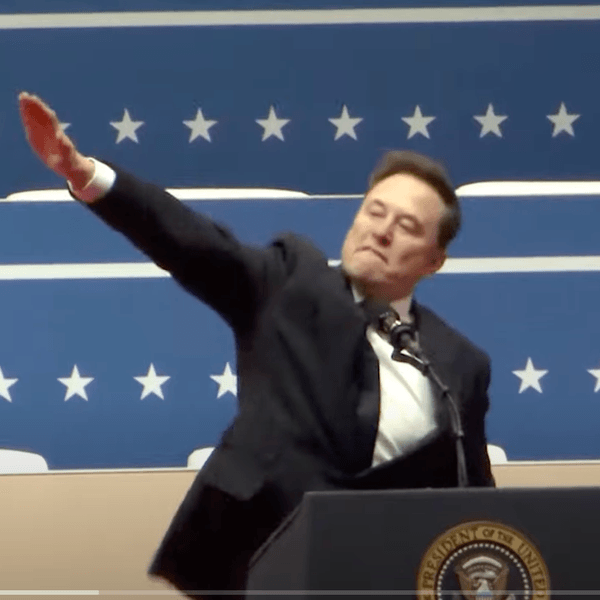
Nov. 13 (Bloomberg) — It seems that welfare queens are back in the news these days. The old stereotype was an inner-city unwed mother — that’s dogwhistle-speak for black — having multiple babies to get ever bigger welfare checks (throw in a new Cadillac and the myth is complete). Regardless, welfare reform of the 1990s ended that narrative.
No, the new welfare queens are even bigger, richer and less deserving of taxpayer support. The two biggest welfare queens in America today are Walmart and McDonald’s.
This issue has become more known as we learn just how far some companies have gone in putting their employees on public assistance. According to one study, American fast-food workers receive more than $7 billion dollars in public assistance. As it turns out, McDonald’s has a “McResource” line that helps employees and their families enroll in various state and local assistance programs. It exploded into the public when a recording of the McResource line advocated that full-time employees sign up for food stamps and welfare.
Walmart, the nation’s largest private-sector employer, is also the biggest consumer of taxpayer supported aid. According to Florida congressman Alan Grayson, in many states, Walmart employees are the largest group of Medicaid recipients. They are also the single biggest group of food stamp recipients. Walmart’s “associates” are paid so little, according to Grayson, that they receive $1,000 on average in public assistance. These amount to massive taxpayer subsidies for private companies.
Why are profitable, dividend-paying firms receiving taxpayer subsidies? The short answer is, because they can. The longer answer is more complex and nuanced.
Both McDonald’s and Walmart are engaging in perfectly legal behavior. The system was set up long ago in ways that failed to imagine companies doing this. Yes, they are taking advantage of the taxpayer, but they are also operating within the law.
Which means it is time to change those outdated rules.
The simplest solution is to raise the minimum wage. If full-time employees are living below the poverty level — especially those with children — its no surprise that they are going to need public assistance. Raising the minimum wage over a period of time will eliminate much of this corporate welfare. The costs will be slightly higher prices at fast-food restaurants and low-end retailers.
The next proposal is more severe: Charge back the amount of public assistance any employee receives to the company he or she works for. It would be separate from tax filings, and simply be a direct penalty charged to the firm. I doubt there is much political will for this proposal, but I can see some people — especially on the left — supporting it.
The most radical idea is bit of pure fantasy: Guarantee every person in America a minimum salary. That is a proposal under discussion today in Switzerland. Its hard to even imagine such a concept gaining traction in the U.S. outside of the Great Depression era.
My politics are pretty middle-of-the-road, and I find myself offended by subsidizing profitable companies this way. As a taxpayer, there are much better things I would like to see my monies go towards. Some rule changes are needed to end this wasteful spending.
We should get corporate welfare queens off of the public teat. Regardless of your politics, it is an issue that politicians on both the left and the right can agree upon.
Photo: JKCarl via Wikimedia Commons








